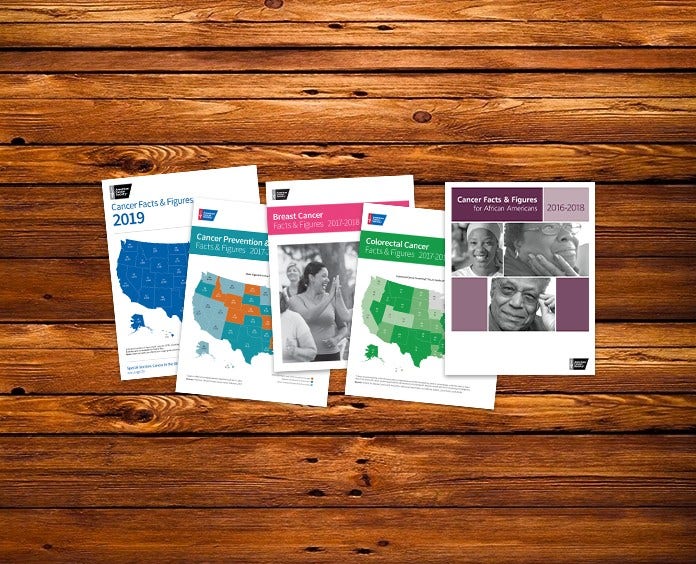ACS Research News
Published on: December 4, 2025
The updated guideline for cervical cancer screening introduces the option of self-collection of vaginal samples for HPV testing and new guidance on when screening can end.
Published on: September 12, 2025
The American Cancer Society awarded 14 new Discovery Boost grants and 4 new Mission Boost grants across 17 institutions this fall.
Published on: September 9, 2025
The American Cancer Society awarded 38 new postdoctoral fellowships and 2 Clinician Scientist Development Grants this fall.
Published on: September 5, 2025
The American Cancer Society awarded 24 new research scholar grants (RSGs) by this fall.









